Find Help
Quick links
Contact RCI



If you are in immediate danger, please contact the Gardaí on 999.
There is a confidential, dedicated freephone for the reporting of child sexual abuse: 1800 555 222. It is operated by the Gardaí and is available on a 24-hour basis, 7 days a week, 365 days a year.
If you have concerns about a child, you can contact the Tusla Duty social worker and report your concerns.
Rape and sexual violence can be especially confusing if you are a young person. You may have been told by the abuser and others that what happened to you was no big deal or part of normal growing up. The person who abused you may be a person you trusted or a family member which can make it difficult to accept what they have done. Your feelings towards them can be confusing and not make sense.
You may have been told it should be a secret or you may feel threatened. Talking to an adult who understands these things on Childline 1800 116000 or at a rape crisis centre if you are over 14 can be a safe way for you to ask questions about your experience.
They will be able to help you. Always remember there is no right or wrong way to feel.
Children at Risk in Ireland (CARI) provides child-centred therapy for children & adolescents who have been affected by sexual abuse.
CARI also provides therapy to children, up to 12 years of age, who present with sexually harmful behaviour.
You can call the CARI Care Line at 0818 924567 Mon-Fri, 9am-5pm.
Barnahus West in Galway offers support to communities in the North West, West and Mid-West of Ireland and Barnahus South supports Cork and Kerry.
Barnahus offers an integrated health, medical, child protection, therapeutic, and policing services for children and young people who may have experienced child sexual abuse.
Visit https://www.tusla.ie/barnahus/ for more details.
In Dublin, the Health Service Executive runs a Child and Adolescent Forensic Medical Assessment Services at the Rotunda Hospital for young people aged 14 and under who have been sexually abused.
Their webpage provides comprehensive information about the service, including a video which helps children and care-givers to understand more.
To be seen, you need a referral from the Gardaí, Tusla or another healthcare department.
Visit their webpage for further information
Accompaniment Support Services for Children (ASSC) provides onsite volunteers to support young people and their families whilst they attend the Barnahus in Galway or the Rotunda in Dublin.
This service is provided by a 24-hour rota throughout the whole year. During the family’s time at the unit, they can avail of an ASSC volunteer who can answer any questions and provide them with emotional support.
If the victim is over 14, they can attend a Sexual Assault Treatment Unit (SATU) for a forensic examination to be carried out, but they must be accompanied by an adult. Call your local Sexual Assault Treatment Unit to discuss options.
Most rape crisis centres will provide support to the older adolescents also.
If you are over 16, you can access health services at a SATU without consent from a parent or guardian. However, should forensic sampling be required, consent will be required from a parent or guardian for those aged between 16 and 18.
Under Children First Act 2015, national child protection policy requires any ‘mandated person’ who has reasonable grounds for concern that a child has been or at risk of being abused or neglected to report those concerns to Tusla.
Contact Tusla’s Duty Social Work Department without delay and report the disclosure made to you.
Here is advice from the Health Service Executive’s Child and Adolescent Forensic Medical Assessment Services
For more information visit https://www2.hse.ie/services/child-forensic-services/cafmas/
For more information, see Tusla’s guidelines: Children First: National Guidance for the Protection and Welfare of Children